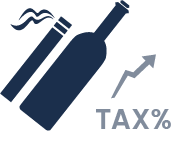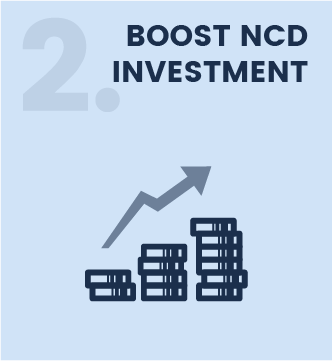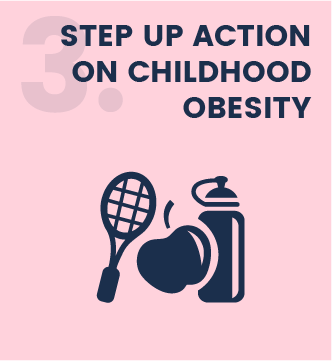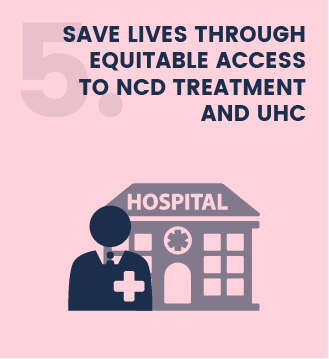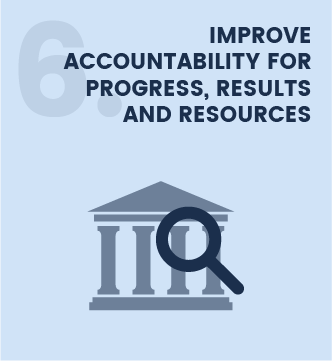PRIORITY 4.
Adopt smart fiscal policies that promote health
RATIONALE
Real increases in excise taxes and prices for tobacco products, alcoholic beverages, and sugar-sweetened beverages (SSBs) are cost-effective fiscal policies recommended in the WHO Best Buys.
Increased tobacco taxation is also a legally binding commitment in the WHO FCTC (Article 6), and included as a recommendation in the Addis Ababa Action Agenda for sustainable development financing. These measures are good for health and good for government revenues. They support both NCD prevention and domestic resource mobilisation, representing a win-win for public health and health financing. Taxation of unhealthy commodities is supported by clear evidence on the public health and economic gains and is getting political traction, with many governments implementing or having announced implementation of or increases of taxes on tobacco, alcohol and SSBs.

